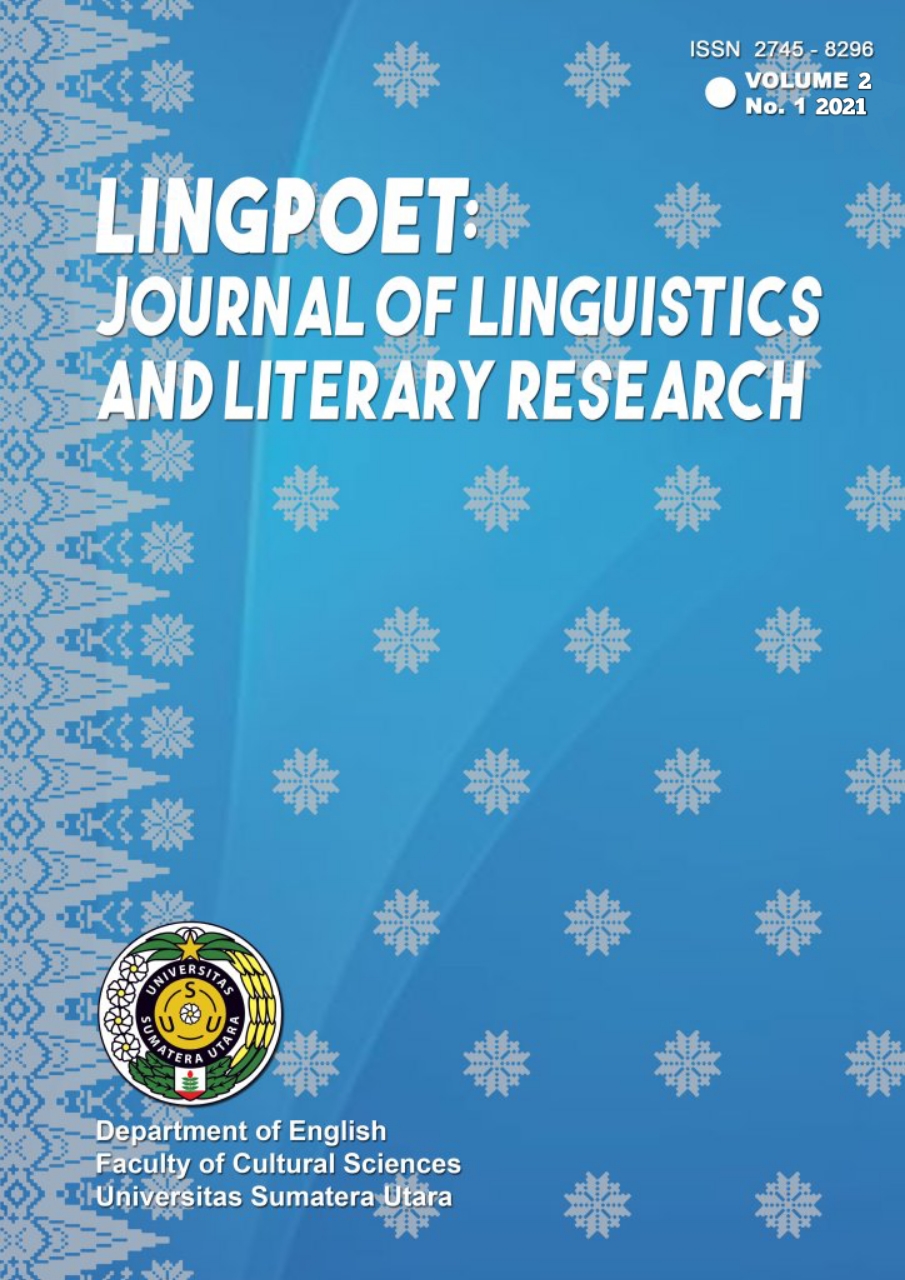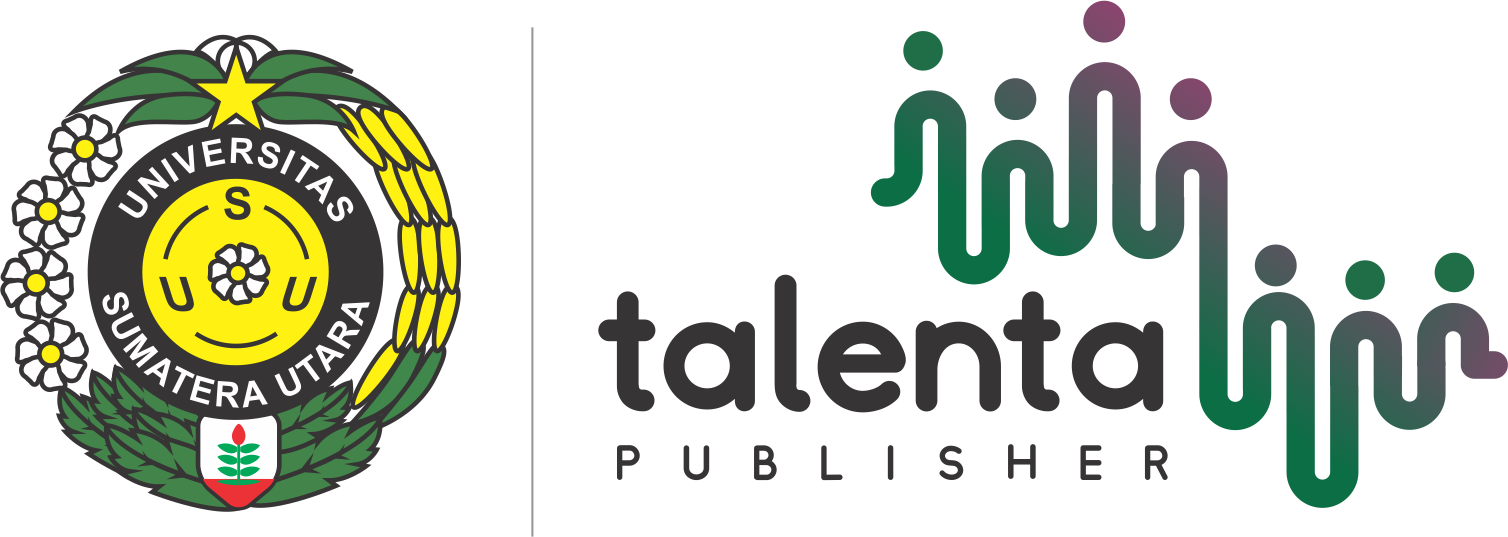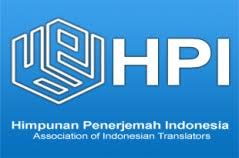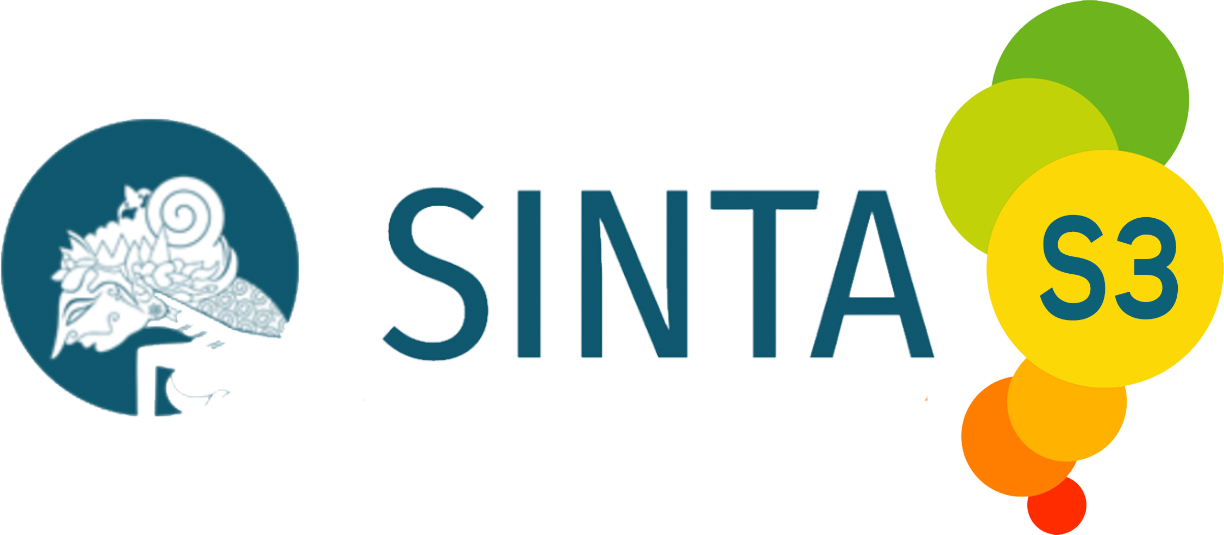Motivation, Identity, and Emergence of Self: ESL Learners in Bridge Course at Aligarh Muslim University
DOI:
https://doi.org/10.32734/lingpoet.v2i1.5535Keywords:
Motivation, Identity, Learner Investment, Self, Second Language AcquisitionAbstract
The study aims at viewing the second language learners enrolled in the Bridge Course of English, at Aligarh Muslim University (AMU). The Bridge Course is of a year’s duration and the objective is to prepare the learner with ‘institutionalised supplement education and wider employment avenues’. This is done with the aim to mainstream the ESL learners who have Urdu as their mother tongue and have learned Arabic as a foreign language in Madarsa. Their need to learn a second foreign language, which is the global English, has been explored from the perspective of motivation and identity. The study attempts to probe into the dimensions of identity and emergence of self among learners. It has been substantiated with quantitative and qualitative analysis by using SPSS version 17 software and one way ANOVA univariate test. The findings suggest that, compared to the learners’ having only instrumental motivation towards the target language, their possession of both integrative and instrumental motivation in line with their ideal self and ought-to self were invested more into the learning of target language.
Downloads
References
Benwell, B. and Stokoe, L. 2006. Discourse and Identity. Edinburgh: Edinburgh University Press.
Block, David 2006. Multilingual Identities In A Global City: London Stories. New York: Palgrave, Macmillan.
Block, David 2010. Second Language Identities. London: Continuum
Dornyei, Z. 2001. Motivational Strategies in the Language Classroom. Cambridge: Cambridge University Press.
Gardner, R.C. and Lambert, W.E. 1972. Attitudes and Motivation in Second Language Learning. Rowley, MA: Newbury House.
Hall, S. 1996. Introduction: Who needs “identity�, in S. Hall and P. du Gay (eds) Questions of Cultural Identity.London: Sage (pp. 1–17).
Imtiaz, Shagufta 2020. Interactional Spaces and Identity Negotiation: Pedagogical Orientation in Multilingual Classes. FORTELL (Forum for Teachers of English Language and Literature) Journal of Teaching English Language and Literature. Issue No. 40, January. (Pp. 89-100).
Joseph. John E. 2004. Language and Identity. London: Palgrave.
Norton, Bonny and Toohey, Kelleen 2011. State of the Art Article: Identity Language Learning and Social Change. Language Teaching, 2011, 44/4: 412–446. Cambridge University Press.
http://journals.cambridge.org Downloaded: 14 Sep 2011 IP address: 96.49.99.250
Tarhan, Hakan Balban, Sena 2014. Motivation, Learner Identity And Language Learning. International Journal on New Trends in Education and their Implications. (January) 5.1: 183-197. ISSN 1309-6249
Ushioda, Zoltan and Dornyei, Ema 2009. Motivation, Language Identities and the L2 Self: A Theoretical Overview. In Dornyei and Ema Ushioda Motivation, Language Identities and the L2 Self. (pp. 1-18). UK: Multilingual Matters.
Weedon, C. 1997. Feminist Practice and Poststructuralist Theory. 2nd edn. Oxford: Blackwell.
Downloads
Published
How to Cite
Issue
Section
License
Copyright (c) 2021 LingPoet: Journal of Linguistics and Literary Research

This work is licensed under a Creative Commons Attribution-ShareAlike 4.0 International License.













